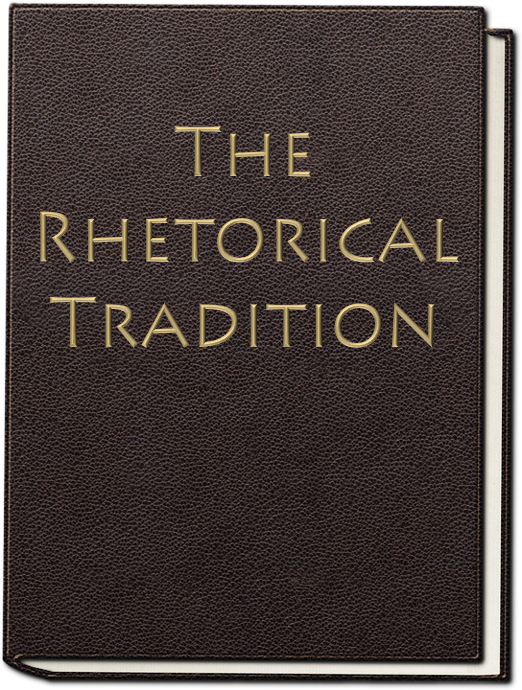5 Argument Analysis
Argument Analysis
 Sometimes, the best way to learn how to write a good argument is to start by analyzing other arguments. When you do this, you get to see what works, what doesn’t, what strategies another author uses, what structures seem to work well and why, and more.
Sometimes, the best way to learn how to write a good argument is to start by analyzing other arguments. When you do this, you get to see what works, what doesn’t, what strategies another author uses, what structures seem to work well and why, and more.
Therefore, even though this section on argument analysis is one of the last lessons in this area, your professor may have you start here before you draft a single word of your own essay.
In the pages that follow, you will learn about analyzing arguments for both content and rhetorical strategies. The content analysis may come a little easier for you, but the rhetorical analysis is extremely important. To become a good writer, we must develop the language of writing and learn how to use that language to talk about the “moves” other writers make.
When we understand the decisions other writers make and why, it helps us make more informed decisions as writers. We can move from being the “accidental” writer, where we might do well but are not sure why, to being a “purposeful” writer, where we have an awareness of the impact our writing has on our audience at all levels.
Thinking About Content
 Content analysis of an argument is really just what it seems—looking closely at the content in an argument. When you’re analyzing an argument for content, you’re looking at things like claims, evidence to support those claims, and if that evidence makes sense.
Content analysis of an argument is really just what it seems—looking closely at the content in an argument. When you’re analyzing an argument for content, you’re looking at things like claims, evidence to support those claims, and if that evidence makes sense.
The Toulmin method described earlier in this learning area is a great tool for analyzing the content of an argument. In fact, it was developed as a tool for analyzing the content of an argument. Using the different concepts we learn in the Toulmin model, we are able to examine an argument by thinking about what claim is being made, what evidence is being used to support that claim, the warrants behind that evidence, and more.
When you analyze an argument, there is a good chance your professor will have you review and use the Toulmin information provided in the Excelsior OWL.
However, the lessons you have learned about logical fallacies will also help you analyze the content of an argument. You’ll want to look closely at the logic being presented in the claims and evidence. Does the logic hold up, or do you see logical fallacies? Obviously, if you see fallacies, you should really question the argument.
Thinking Rhetorically
 As a part of thinking rhetorically about an argument, your professor may ask you to write a formal or informal rhetorical analysis essay. Rhetorical analysis is about “digging in” and exploring the strategies and writing style of a particular piece. Rhetorical analysis can be tricky because, chances are, you haven’t done a lot of rhetorical analysis in the past.
As a part of thinking rhetorically about an argument, your professor may ask you to write a formal or informal rhetorical analysis essay. Rhetorical analysis is about “digging in” and exploring the strategies and writing style of a particular piece. Rhetorical analysis can be tricky because, chances are, you haven’t done a lot of rhetorical analysis in the past.
To add to this trickiness, you can write a rhetorical analysis of any piece of information, not just an essay. You may be asked to write a rhetorical analysis of an ad, an image, or a commercial.
The key is to start now! Rhetorical analysis is going to help you think about strategies other authors have made and how or why these strategies work or don’t work. In turn, your goal is to be more aware of these things in your own writing.
When you analyze a work rhetorically, you are going to explore the following concepts in a piece:
You will be thinking about the decisions an author has made along these lines and thinking about whether these decisions are effective or ineffective.

